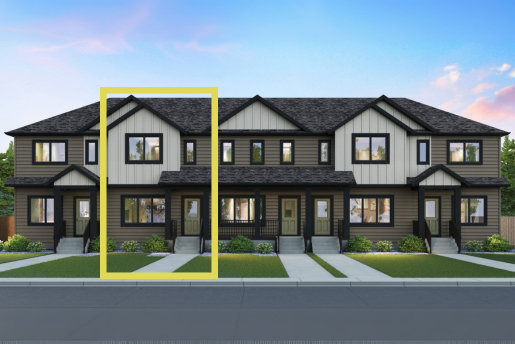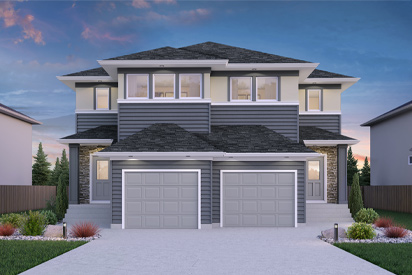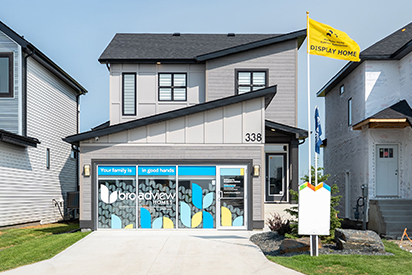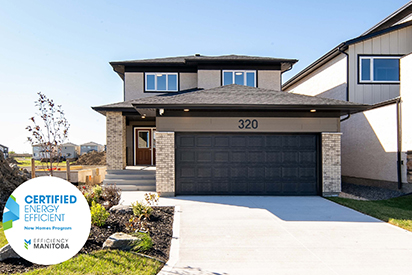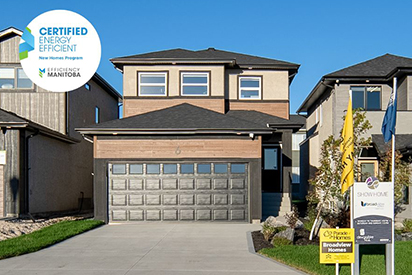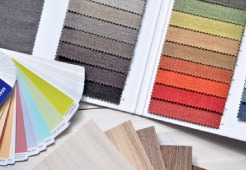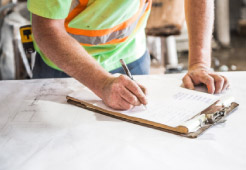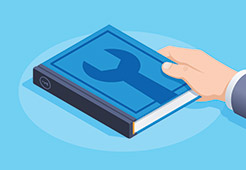How Debt Affects Applying for a Mortgage (and What You Can Do About It)
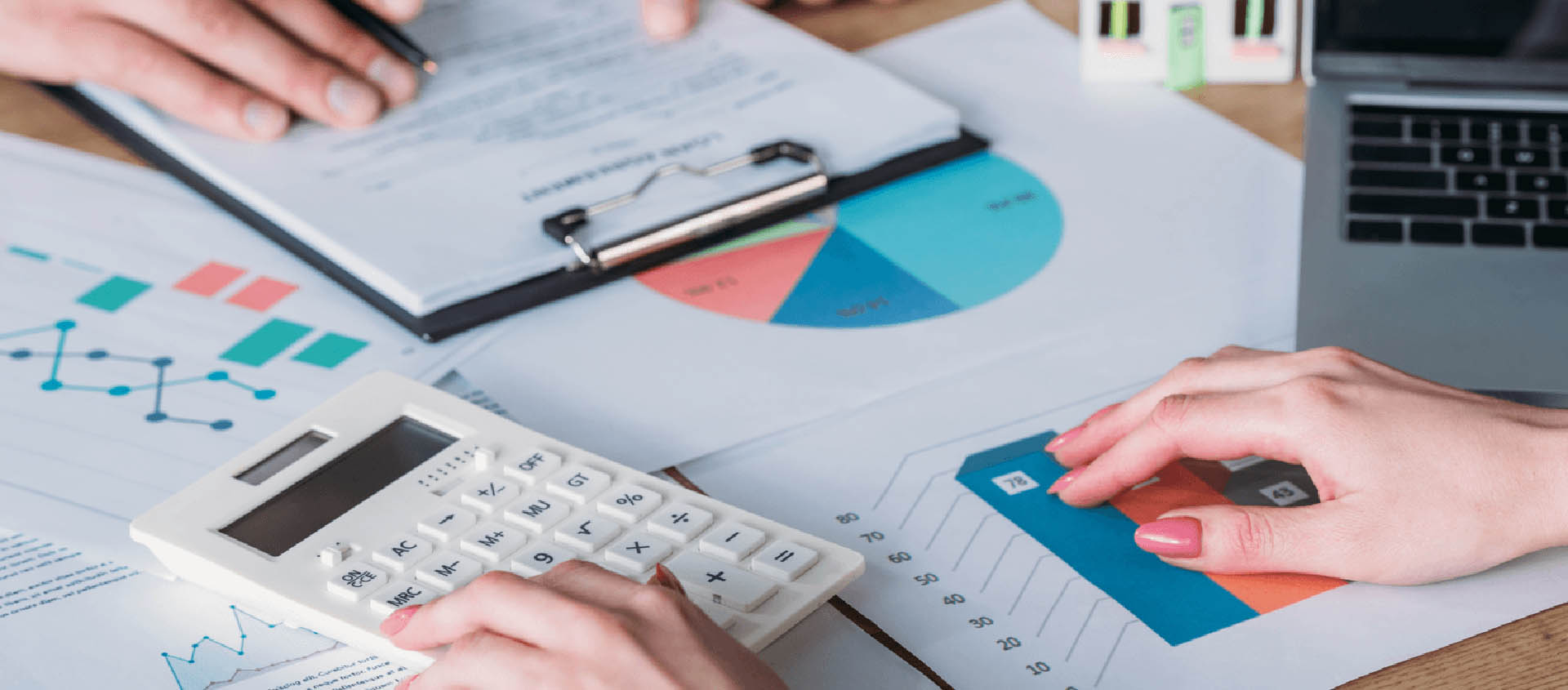
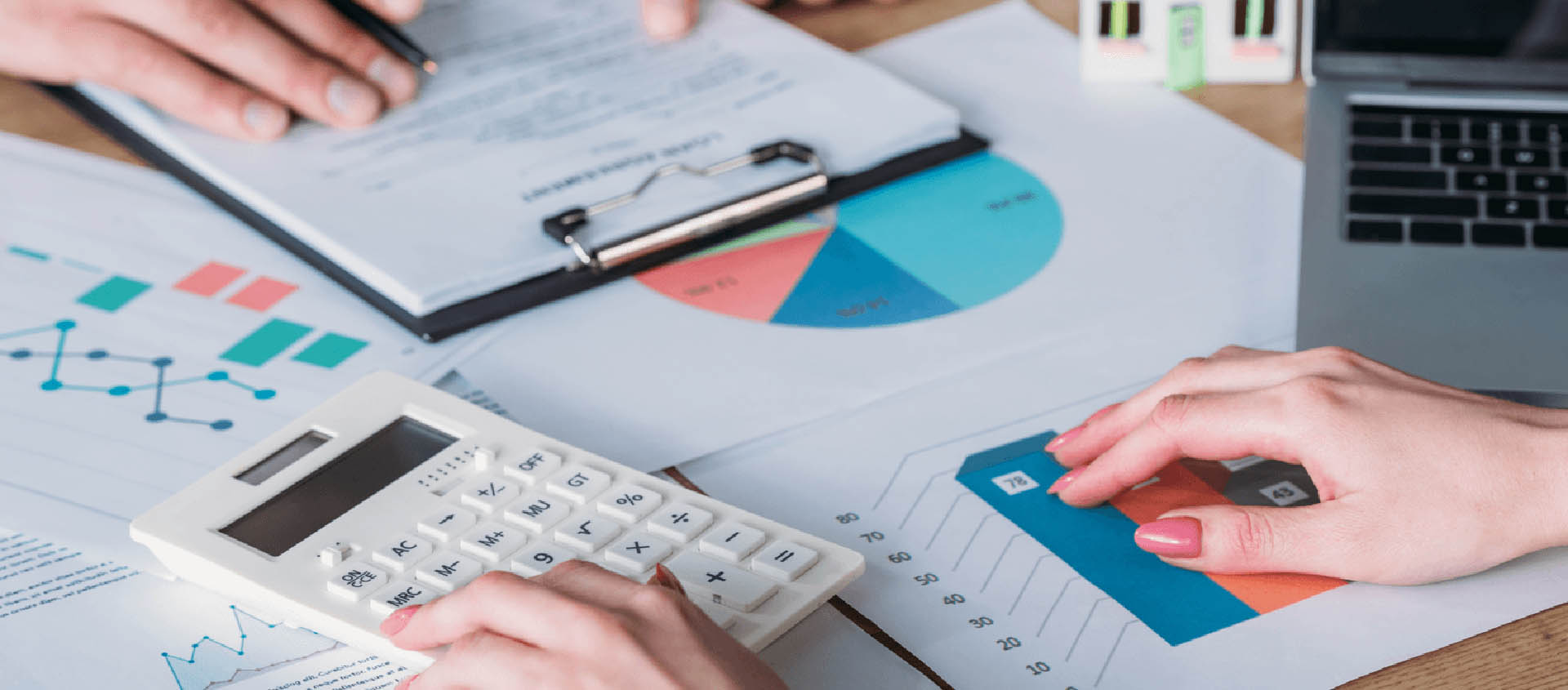 You’ve probably heard that it’s best to be completely debt-free before you buy a home. Sometimes, though, it feels like if you wait for that to happen, you’ll never be able to afford a down payment.
You’ve probably heard that it’s best to be completely debt-free before you buy a home. Sometimes, though, it feels like if you wait for that to happen, you’ll never be able to afford a down payment.
While it may be better to go into a home purchase without debt, it’s definitely possible to buy your home while you still have some debt. You just need to understand how your debt affects your mortgage, and then make a smart decision about what’s right for you. Is it better to buy now to start building equity? Or is it better to wait until your debt is paid? The choice is up to you.
Your Down Payment
Your down payment plays a big role in whether or not you’ll qualify for a loan and how affordable that loan will be. The minimum down payment on a home is 5 percent of the purchase price, but the ideal amount is 20 percent. When you have a 20 percent down payment, you get to avoid mortgage insurance.
If you’re only able to put 5 percent down - and most people with a lot of debt can only afford the minimum - then you’ll probably have to take out a bigger mortgage, which results in bigger payments. You’ll also have to factor in the cost of mortgage insurance, which can be around $50-100 a month extra.
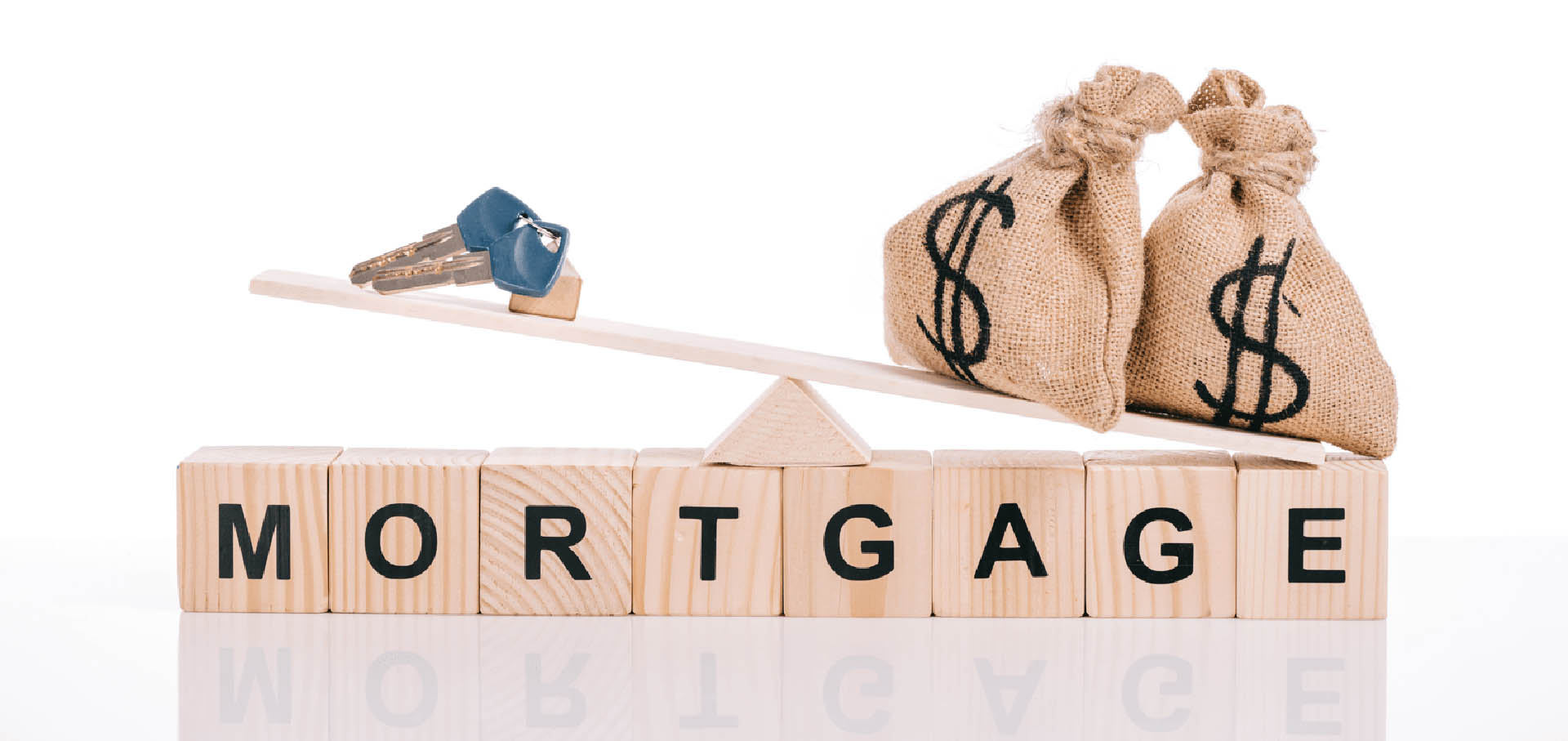 How Banks Determine Affordability
How Banks Determine Affordability
Banks determine how much they’ll loan you by looking at monthly payments. They look at two factors called the Gross Debt Service (GDS) ratio and the Total Debt Service (TDS) ratio. In the GDS, they’re making sure that your monthly housing costs - including property taxes, heating costs, and 50 percent of condo fees, if applicable - don’t exceed 32 percent of your monthly income. If the home you want passes that restriction, though, they’ll also look at the TDS, which factors in your other debts, like car loans, student loans, and credit card payments. These debt payments, combined with your housing expenses, should be less than 40 percent of your income.
Since credit card payments can fluctuate, it’s important to note that the bank is looking at your minimum monthly payment when they calculate the TDS.
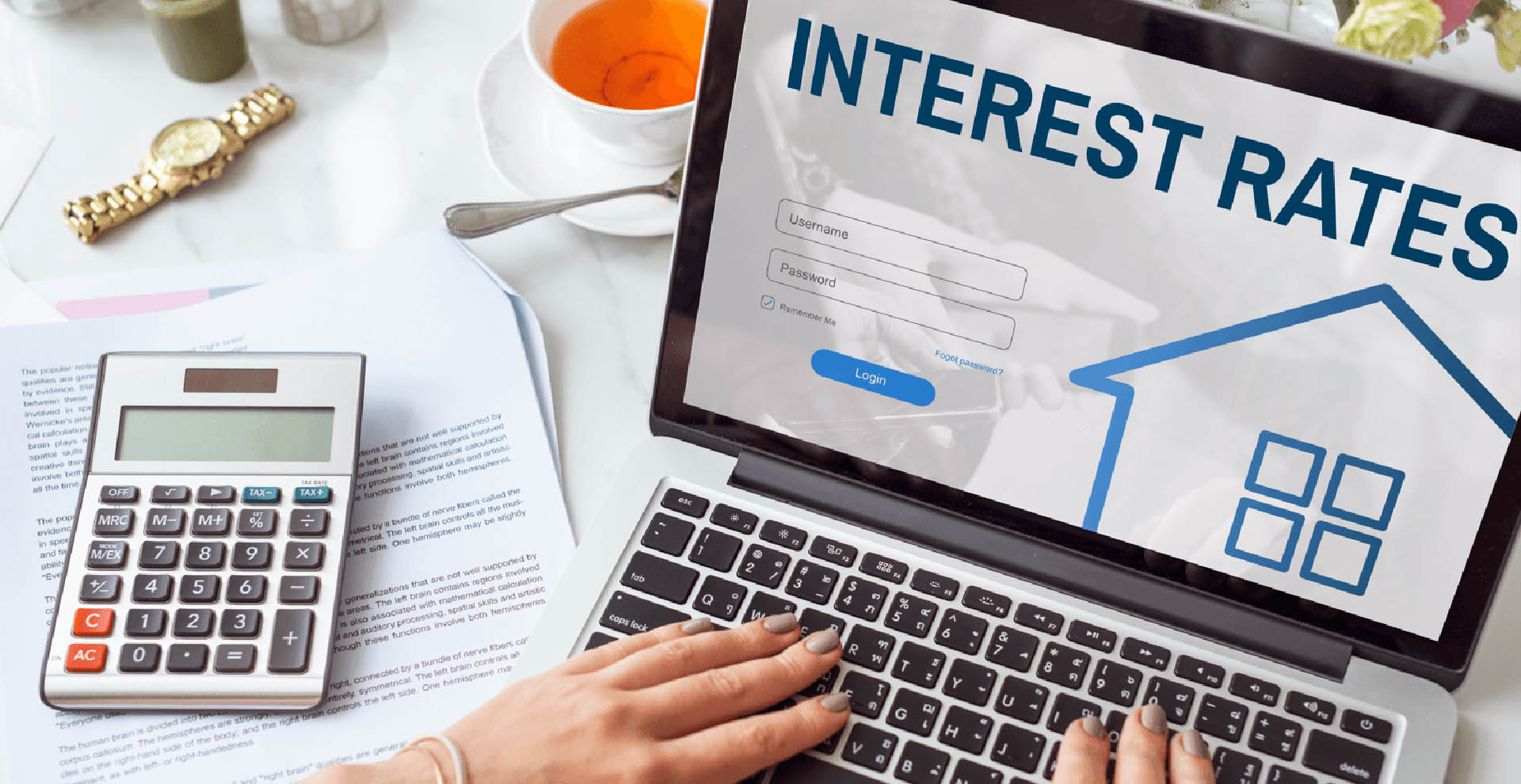 The Problem with Minimum Payments
The Problem with Minimum Payments
If you have credit card debt, you’ve probably realized that making the minimum payments doesn’t have a big effect on the debt. You’re mostly paying the interest. There are plenty of credit card debt calculators out there for you to play with, but when you only make the minimum payment, it can take 10 years or more to pay off the original debt, and you often pay twice as much in interest. To make progress toward paying off your debt, you need to be paying much more than the minimum monthly payment.
That’s where things get tricky when you buy a home. Let’s say the bank approves you for a mortgage because your TDS ratio is at 40 percent or less. Once you start making your mortgage payments, though, you may find that things get a little tight. You’re fully committed to the full mortgage payment each month, and that often leads people to start paying only the minimum amount on their credit card bills. And unlike a rental situation, there’s not much you can do to reduce the mortgage payment. You start to feel trapped, and it becomes much harder to improve your financial situation.
 The Best Course of Action for You
The Best Course of Action for You
You need to look carefully at your finances before taking on a mortgage. In most cases, it’s unwise to borrow the maximum amount of money the bank will loan you. It makes it harder for you to get out of debt, and you’ll eventually feel resentful because you don’t have extra money to do the things you enjoy.
On the other hand, if you’re able to look at what your monthly mortgage payment will be and have plenty of wiggle room in the budget to make additional payments toward your debt, then buying a home is a smart idea. You can be working toward building up equity while paying off your debt.
One important thing to remember is that the majority of your initial mortgage payments will go toward interest on the loan, not the principal balance. This means that after only 5 years, you may still not have a lot of equity in the home, especially if you started with only a 5 percent down payment. If you’re going to buy a home while you still have debt, the smartest move is to purchase a home you plan to live in for at least 10 years.
Everyone has a different financial situation. For some people, adding a mortgage on top of other debt creates a financial situation that’s hard to manage. Others, though, have what it takes to juggle all of the bills. If you’re not sure where you fall on this spectrum, the smart thing to do is to consult a financial specialist.

